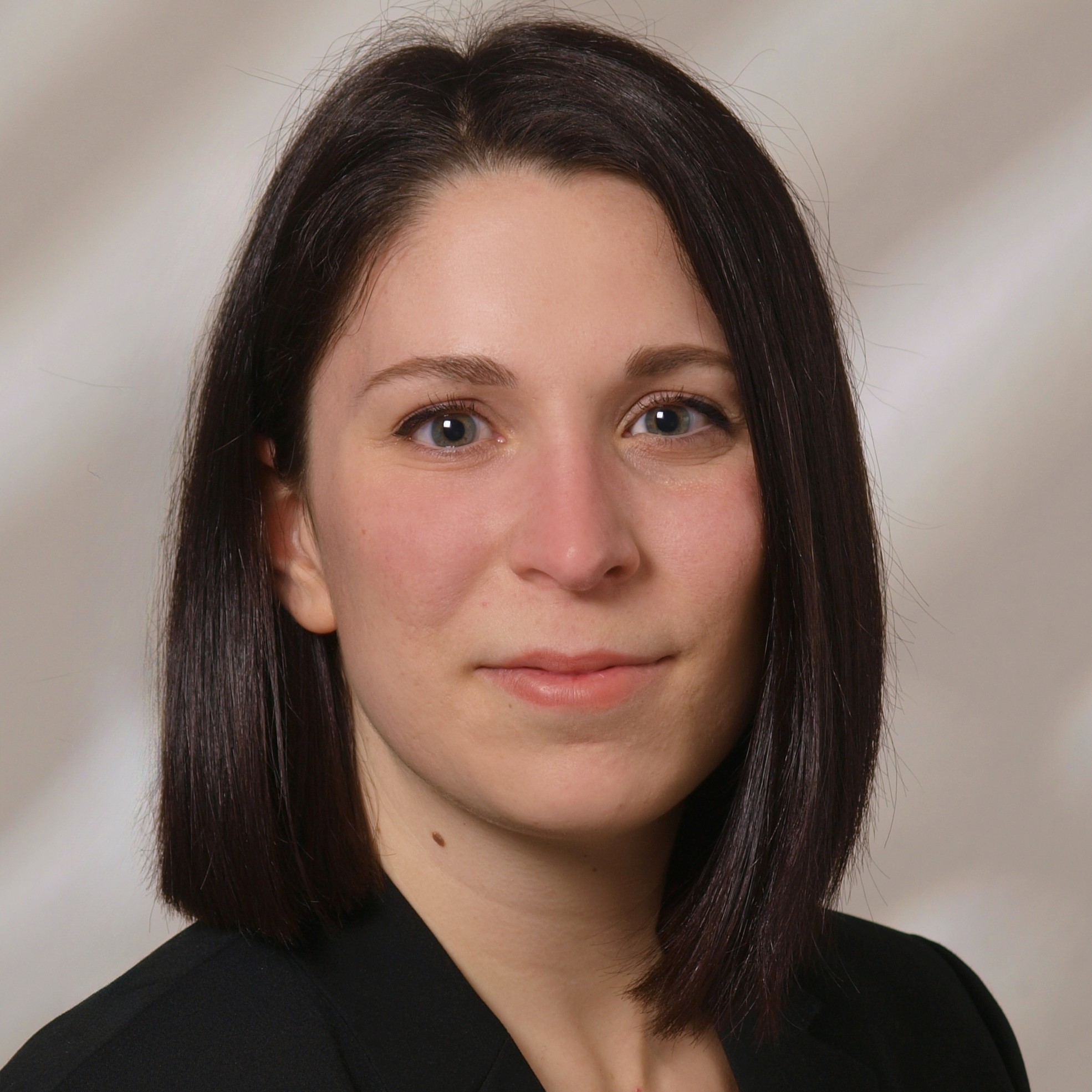The project
<MANO> - Manuscripts Online is a collaborative digital platform designed to support teaching and research in manuscript studies. It combines simple tools and open infrastructures to make historical sources more accessible, shareable, and reusable.
The platform provides:
- Resources - a shared repository of learning materials freely available for students and educators.
- Metadata Editor - a simple tool for creating standardized manuscript descriptions in XML and JSON format.
- Metadata Collection - a searchable interface of manuscript records contributed by the community.
- Transcription Viewer - a viewer for exploring manuscript transcriptions.
The idea behind <MANO> is to offer an open, collaborative, and easy-to-maintain solution for digital studies. It runs entirely on GitHub Pages, without complex servers or databases, ensuring sustainability for small projects and individual researchers.
The concept of <MANO> originated from the author's need to provide students of a workshop with practical digital tools to understand the workflow used in the project Burchards Dekret Digital, where she has been working since 2021. What initially started as a simple idea to create an online tool for describing manuscripts in XML-TEI, gradually evolved into a broader platform. The goal became to make it as accessible and reusable as possible, beyond a single course or project. As a result, the original manuscript description tool has grown into a complete teaching and research platform for manuscript studies.
Every contribution helps expand this shared resource and supports the community of students and researchers working on manuscripts.
Dissemination
Presentations
-
Forschungskolloquium Computerphilologie
Technische Universität Darmstadt, 21.10.2025
Michela Parma
Einführung in <MANO>, eine kollaborative Plattform für Digital Manuscript Studies -
Frühmittelalterliches Recht. Überlieferung und Edition
MGH-Herbstakademie, Munich, 15. - 19.09.2025
Michela Parma M.A. and Dr. Elena Vanelli - Akademieprojekt “Burchards Dekret digital” (18.09.2025).
During this workshop, <MANO> was developed and used for the first time in a real teaching context, as part of the Burchards Dekret Digital project.
The Author
Michela Parma is a Digital Humanist at the University of Mainz, in the Department of Medieval History.
She completed a Bachelor's degree in History at the University of Venice in 2017 and obtained a Master's degree in Digital Humanities and Digital Knowledge at the University of Bologna in 2021.
Since 2021, she has been working on the Burchards Dekret Digital project, a digital edition of the manuscript by Burchard of Worms, where she is responsible for the digital workflow.
Her expertise also includes web development, the implementation of databases to integrate the historical and cultural landscape with modern digital technologies and the development of data models based on ontologies such as CIDOC CRM. Her research focuses on applying digital methods to medieval studies, creating accessible digital editions, and developing tools that make manuscript research and teaching easier for both scholars and students.
Contact: michela.parma@uni-mainz.de
